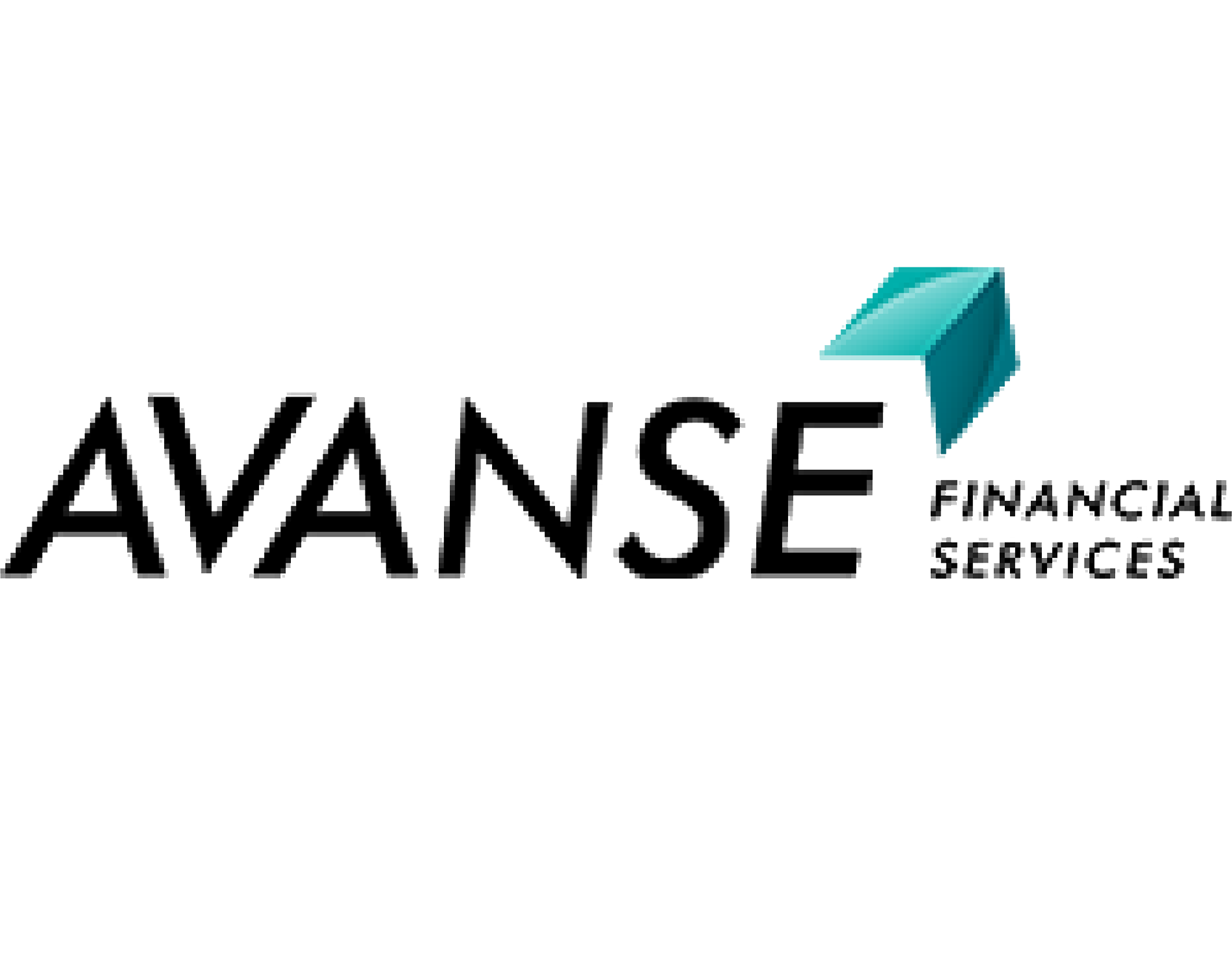
Foreign Education Consultants
Typically replies within minutes
Foreign Education Consultants
Hi There,
How can I help you?

Foreign Education Consultants
Typically replies within minutes
Foreign Education Consultants
Hi There,
How can I help you?
Get university recommendations.
Create SOP for free
Direct university communication
Track your application
Online payments
Don't have an account?
Get university recommendations.
Create SOP for free
Direct university communication
Track your application
Online payments
Already have an account?
Get university recommendations.
Create SOP for free
Direct university communication
Track your application
Online payments
Got your password?

Application Fee
Students in the Economic Policy Analysis (ECPA) M.A. program take classes in the Department of Economics, the School of Public Policy and other departments at UMBC. The course of study combines a multi-disciplinary approach to policy analysis with focused study on the use of economic tools to analyze policy issues. The core economics courses teach students economic modeling and econometrics.
The M.A. in Economic Policy Analysis is flexible enough to accommodate students with different backgrounds, interests and career objectives. The program is designed for students from a variety of undergraduate majors, including but not limited to: economics, public policy, political science, information systems, mathematics, computer science, sociology, history, and business. The program is designed for:
Full or part-time students, students with schedules which permit only evening courses, or students with schedules which combine evening and day courses can all be accommodated. All required courses, and many electives, will be offered in the evening to accommodate the needs of students employed full-time.
The “accelerated pathway” is an attractive and cost-effective option for UMBC undergraduates. The accelerated pathway enables UMBC undergraduate students to take graduate courses as an undergraduate, reducing tuition charges and allowing students to complete both the bachelor’s degree and the Economic Policy Analysis M.A. in as few as five years.
The Economic Policy Analysis M.A. recommends that students choose electives to fit one of the following three concentrations:
Program Admission Requirements:
Students applying for admission to the program must take the general GREs, provide three letters of recommendation, preferably academic, and fulfill all of the other admissions requirements set forth by the University of Maryland Graduate School. Contact the UMBC Graduate School for admissions materials. Applicants may apply on line at the UMBC Graduate School Website.
To succeed in the program students will need some undergraduate economics, mathematics and statistics background. We require that students complete courses in undergraduate macroeconomics, undergraduate intermediate micro-economic theory (preferably using calculus), intermediate statistics (which should include some study of regression analysis), calculus, mathematical economics (or a follow-up courses in basic calculus such as multivariable calculus and linear algebra), and undergraduate econometrics (or extensive course work in statistics) before registering for the core graduate theory and econometrics courses (ECON 601, 602, 611 and 612). The UMBC mathematical economics course, ECON 490, will provide students who have had at least one semester of undergraduate calculus with the mathematics background necessary to succeed in the M.A. program. For those who are unsure if they have sufficient background in mathematics, please read the description of ECON 490, or contact the Economic Policy Analysis Graduate Program Director.
Program Degree Requirements:
A minimum of 36 credit-hours of course work are required. These 36 credits include: 15 credit-hours of required core Economics courses, 6 credit-hours of required Public Policy courses, and 15 credit-hours of elective courses.
Economics Core Courses
5 courses (15 credit hours)
ECON 601 Graduate Microeconomic Analysis
ECON 602 Graduate Macroeconomic Analysis
ECON 611 Graduate Econometrics I
ECON 612 Graduate Econometrics II
ECON 699 Seminar in Economic Policy Analysis
Public Policy Core Courses
2 courses (6 credit hours) from the following list:
PUBL 601 Political and Social Context of the Policy Process
PUBL 603 Theory and Practice of Policy Analysis
PUBL 613 Managing Public Organizations
POLI 623 Government Budgeting
SOCY 606: Social Inequality and Social Policy
PUBL 607: Statistical Applications in Evaluation Research
PUBL 611: Causal Inference in Program Evaluation
ECON 605: Benefit-Cost Evaluation
ECON 661: Microeconomics of Public Finance
Electives
5 courses (15 credit hours)
Elective courses may include appropriate courses from Economics, Public Policy, Data Sciences, Geography and Environmental Systems, Sociology, Mathematics, Statistics, or other programs at UMBC. Students may take courses from UMB, College Park or other University of Maryland System campuses. A minimum of 2 elective courses must be economics classes, although students may request an exception to his rule from the ECPA Graduate Program Director.
Elective Concentrations:
The Economic Policy Analysis M.A. recommends that students choose electives to fit one of the following three concentrations:
Economic Policy: For students who would like to focus on the economic tools used in policy analysis. This is the broadest and most flexible concentration.
Public Policy: For students who would like a comprehensive study of the public policy process, including the techniques of evaluation of public policies and the political and sociological aspects of the public policy process. This concentration is strongly recommended for students who plan to continue on to the Public Policy Ph.D. at UMBC.
Economic Policy and Data Sciences: For students who are interested in learning more about computer programming languages and statistics programs that are relevant to Economic Policy Analysis. This concentration is offered in collaboration with the Master’s of Professional Studies in Data Sciences at UMBC.
Capstone Project
Students undertake the research for, write, and present a major policy paper in the capstone course, ECON 699. This capstone project policy paper must be approved by both the student’s primary advisor for the project and the instructor of the ECON 699 capstone seminar.
Requirements:
The Master of Arts in Economic Policy Analysis requires for admission:
The M.A. in Economic Policy Analysis has no special deadlines for admission. However, students who wish to apply for teaching or research assistantships during the following academic year must submit their applications to the Graduate School by mid-February. The Graduate School deadlines for applications for the Fall semester are July 1 for domestic students and January 1 for international students. A Graduate School application form is available on-line from the UMBC Graduate School web page.
Recommendations
To succeed in the program students will need some undergraduate economics, mathematics and statistics background. We require that, before a student takes the core economic theory and econometrics courses, he or she successfully complete courses in intermediate micro-economic theory and intermediate statistics. We also very strongly recommend that students complete an undergraduate econometrics course before taking ECON 611, the graduate econometrics course, and complete an undergraduate mathematical economics course before taking ECON 601, the core microeconomic theory course. However, students do not need to have completed all these courses before applying to the program. An intermediate microeconomic theory course, an undergraduate econometrics course, and a mathematical economics course will be offered at UMBC each summer for those students who wish to enter the program but have not yet taken such courses. The mathematical economics course, ECON 490, will provide students who have had at least one semester of undergraduate calculus with the mathematics background necessary to succeed in the M.A. program.
Financial Assistance
The university and the economic policy analysis program offer a limited number of assistantships to qualified applicants who wish to study full time. These assistantships include tuition remission, a stipend for living expenses and health insurance. Contact the economic policy analysis graduate program director for more information. Students intending to study full-time also should consult the Office of Financial Aid and refer to the financial information section of the graduate catalog for details about the variety of scholarships, grants and loans available. Students also may receive income from working on faculty research projects. Other students may choose to participate in paid internships or co-op programs with various government agencies. UMBC has one of the largest co-op programs on the East Coast. Contact the Shriver Center for details at 410-455-2493.
Many ECPA M.A. students work full-time and may be eligible for tuition assistance through their employers. Students currently employed should check with their employers to see what type of financial support is available. We will help them develop a curriculum or the documentation necessary to receive employer financial support. Also, with good planning, research projects and papers in individual courses can be related to the student's full-time job in such a way that a single project or modified version may meet the requirements of both institutions.
Tuition fee-2 years$50,000
Total fee-2 years$80,000



